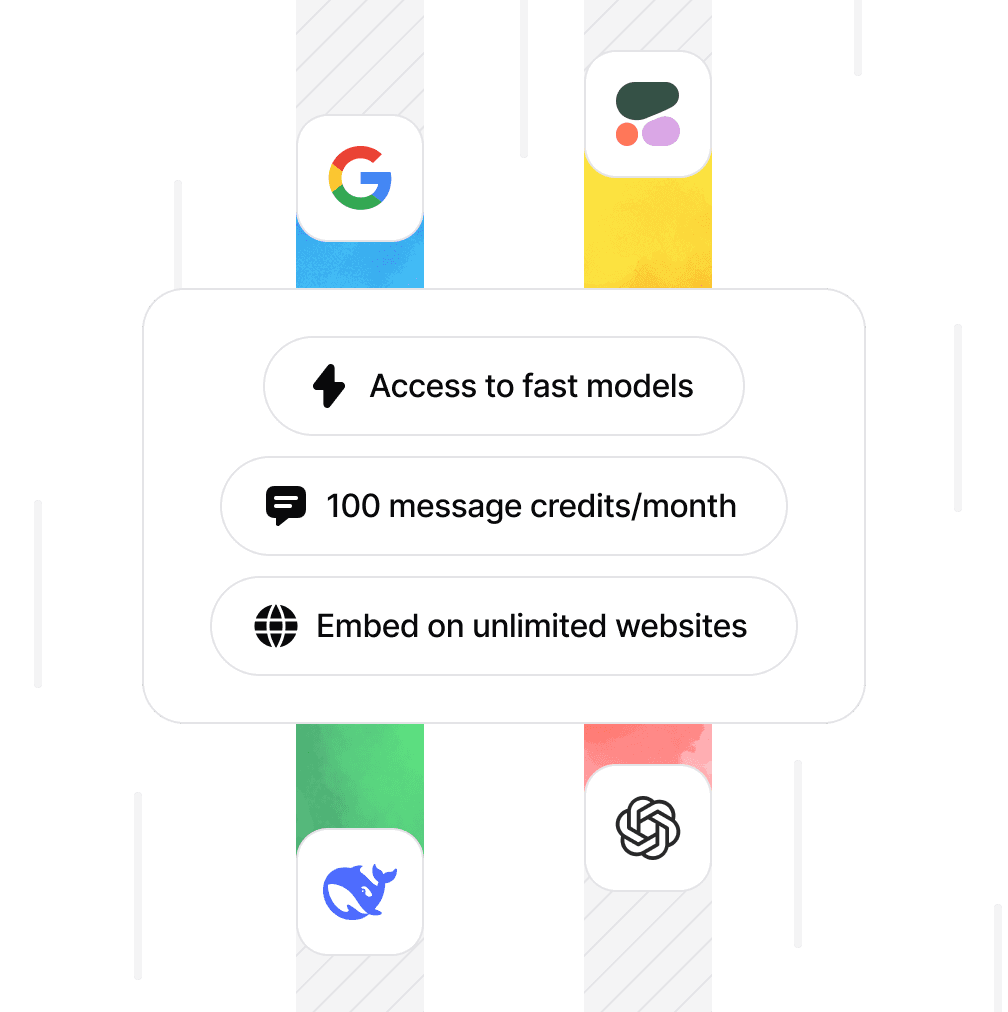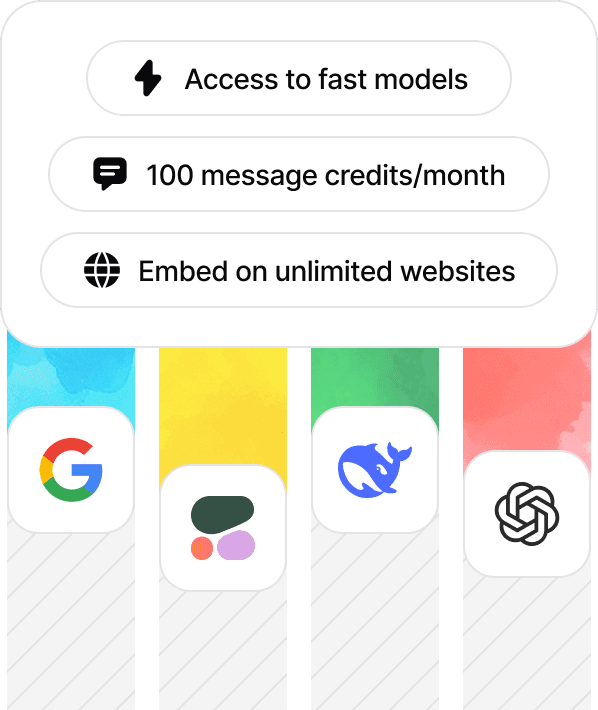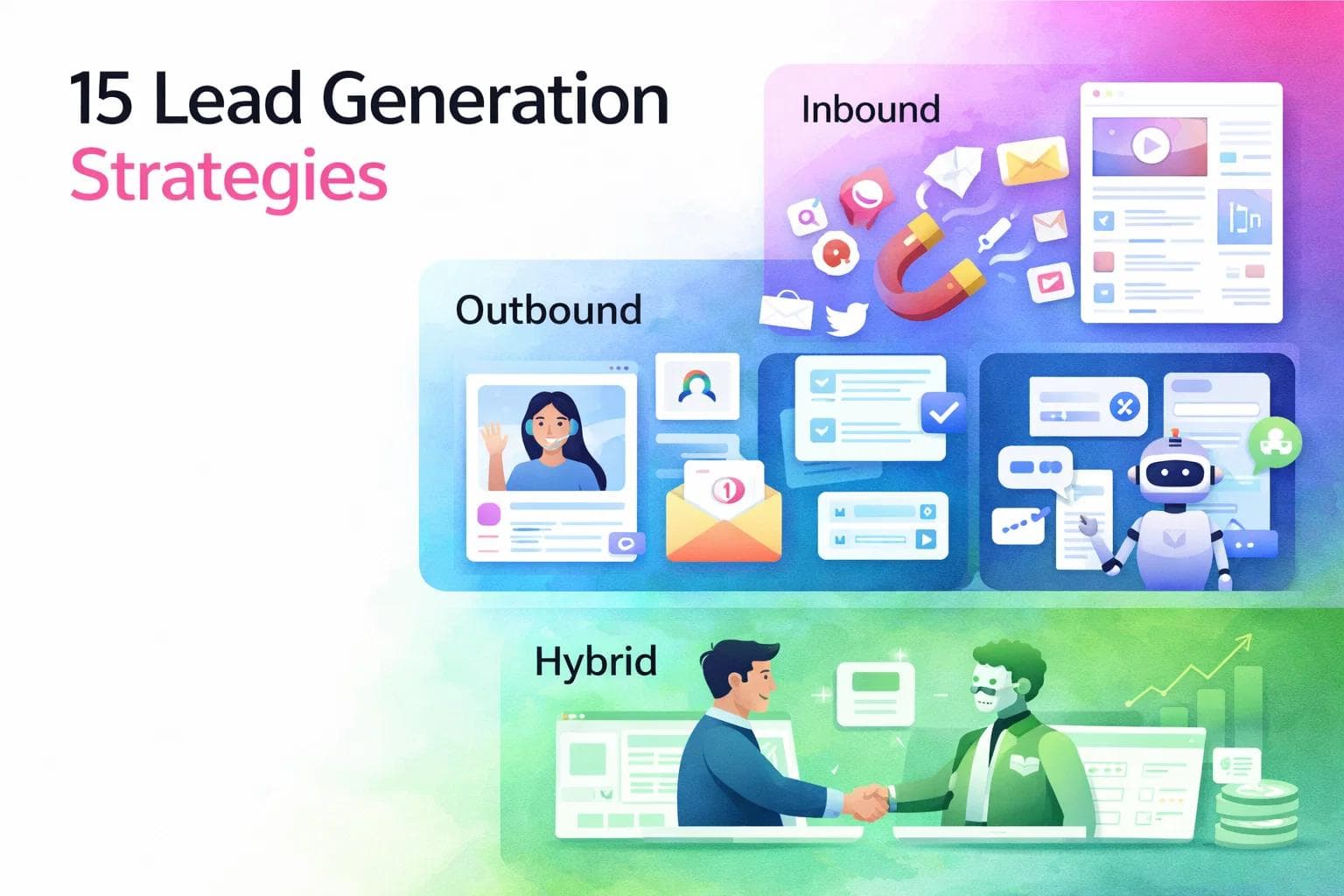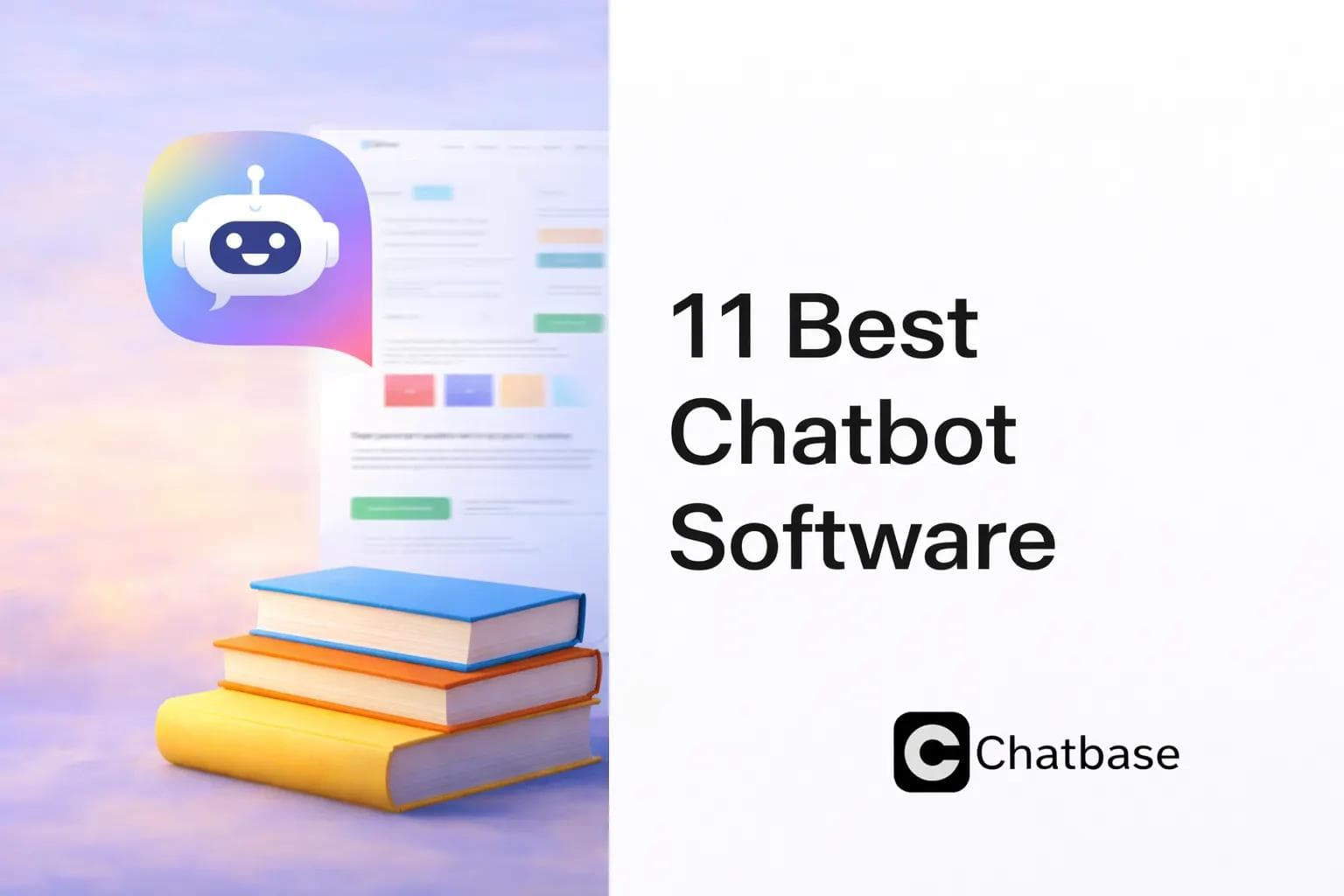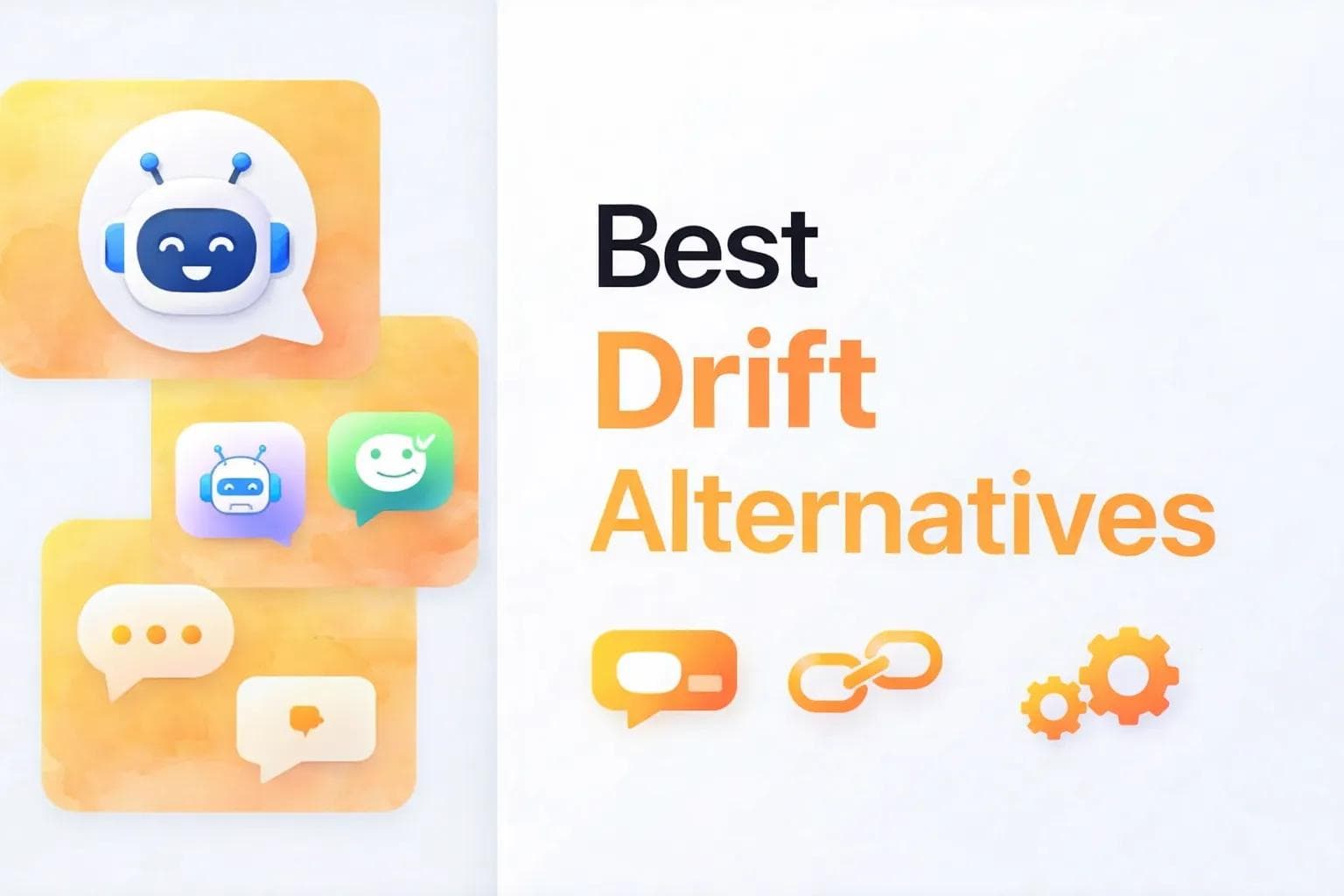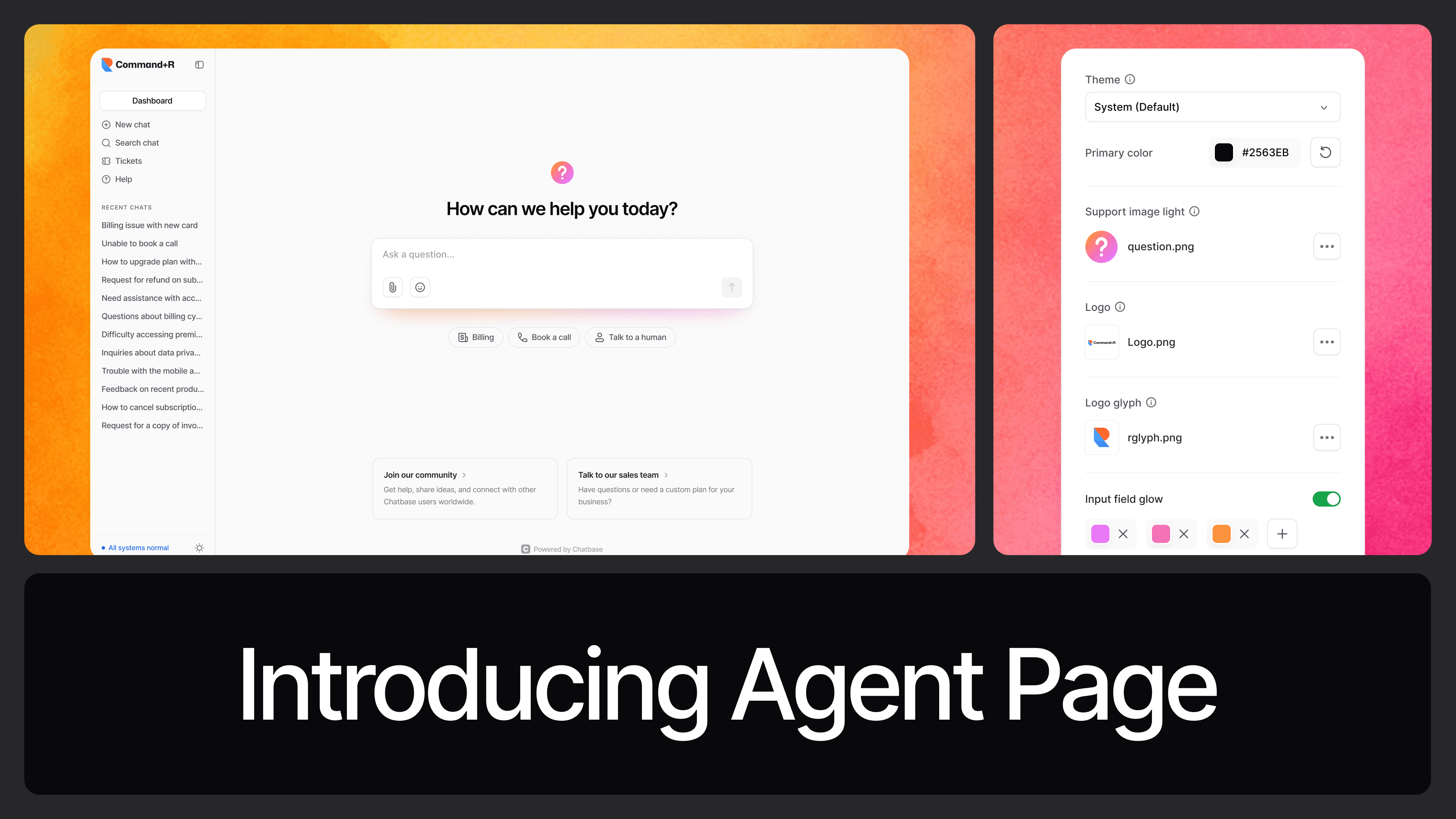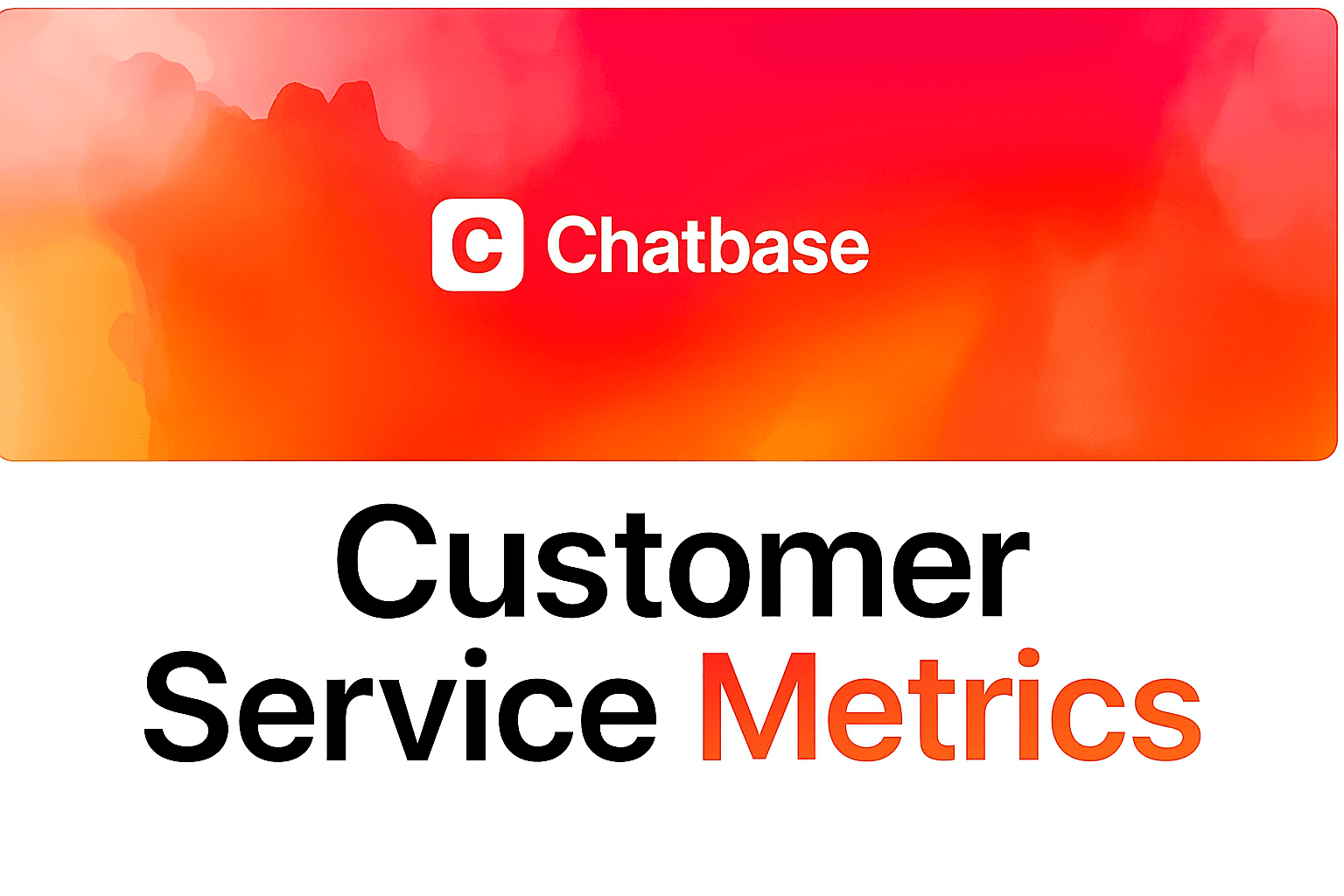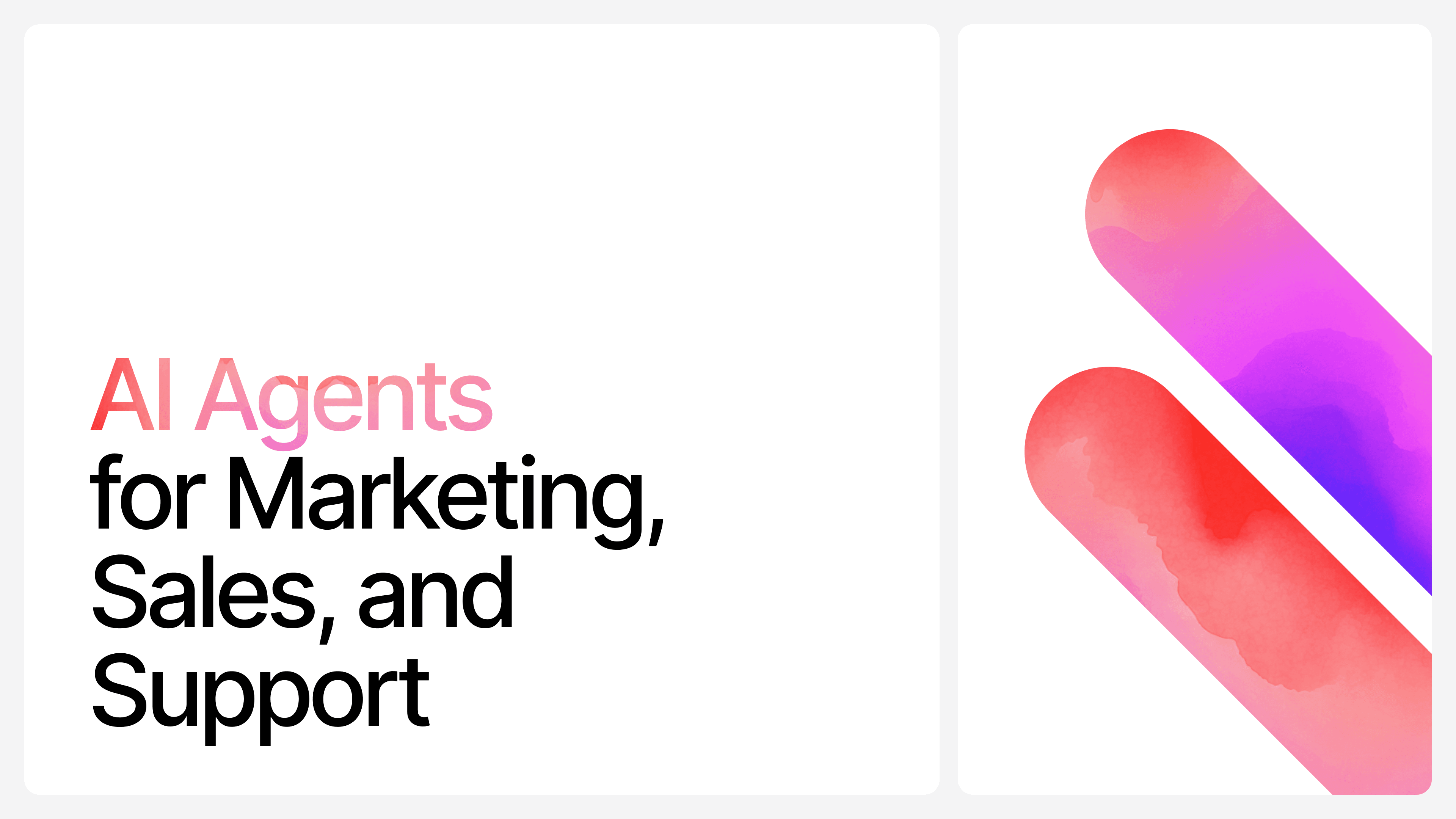Is OpenAI Safe? Privacy and Data Concerns
Ilias Ism
Jun 5, 2024
9 min read
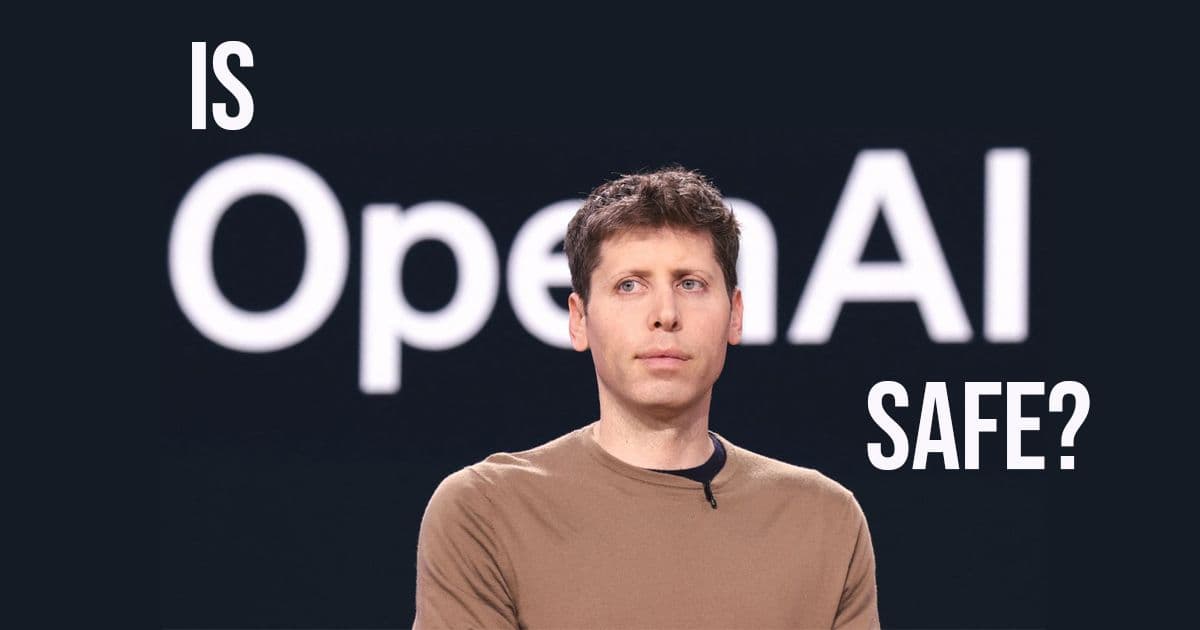
OpenAI burst onto the tech scene in 2015 with lofty goals - to ensure artificial general intelligence benefits all of humanity.
Backed by Sam Altman and Elon Musk, among others, the non-profit research organization quickly became a leader in AI research.
However, as OpenAI’s popular AI products like GPT-3 and ChatGPT have taken the world by storm, questions have arisen around OpenAI’s safety and privacy practices. Specifically:
- Is OpenAI collecting, storing and securing user data responsibly?
- Could OpenAI’s AI be misused by bad actors or have unintended consequences?
- Does OpenAI use customer data to improve its commercial services without consent?
This article will explore these key issues in detail to uncover the truth about OpenAI’s safety and privacy protections. We’ll also provide best practices for using OpenAI responsibly.
ChatGPT
An Overview of OpenAI’s Offerings
OpenAI develops artificial intelligence meant to benefit humanity. But they also offer commercial services to cover costs. Their current products include:
GPT-3 - Text generation API used by developers to create apps and software that can write human-like content
ChatGPT - Conversational AI chatbot that can answer questions and generate essays, code and more in a friendly interface
DALL-E - AI system that generates unique images and art from text descriptions. Businesses selling office canvas wall art photos prints can use this tool to create custom artwork or design inspiration.
Whisper - Speech recognition tool that can transcribe audio
Codex - API that translates natural language to code
These services are used by millions of consumers, developers and businesses worldwide.
Evaluating OpenAI’s Security and Privacy Promises
With so many interacting with OpenAI’s AI systems, data protection is critical. So what assurances does OpenAI provide around security and privacy? Understanding how to know if a website is safe is essential for users engaging with AI platforms, ensuring that personal data remains protected.
Data Encryption and Compliance Standards
OpenAI states that all customer data is encrypted both in transit and at rest. This prevents unauthorized access to sensitive information.
They also comply with SOC 2 Type 2 standards. This means an independent auditor has validated their security practices around customer data storage and handling, including infrastructure decisions like object storage vs file storage that can impact data accessibility and protection strategies.
Limited Employee Data Access
OpenAI declares that only a small subset of employees have access to customer data. Those that do require additional vetting and training.
This data access control limits exposure to hackers and insider risks.
Third-Party Security Audits
OpenAI systems and networks undergo regular audits by independent security firms. This allows them to identify and resolve vulnerabilities before they are exploited.
They also operate a bug bounty program allowing cybersecurity researchers to report issues for rewards. This crowdsourced testing further hardens their systems.
Responsible AI Practices
To develop AI responsibly, OpenAI has created guidelines for managing risks around fake media, data quality, harmful content and more.
They research ways to make AI systems safer and work with policymakers on best practices.
Criticisms and Controversies Around OpenAI’s Security
However, some critics question if OpenAI’s security and privacy measures are adequate as their systems grow more advanced.
Lack of Model Transparency
- As AI models like GPT-4o and GPT-5 become more capable, some argue OpenAI has shared fewer details about how they work and what they are capable of compared to earlier research. This makes it harder to identify potential risks.
Questionable Content Filtering
- OpenAI has received criticism when racist, sexual or otherwise toxic content slips through their content filters. This raises questions about their ability to reliably control AI behavior. They might enable NSFW content soon according to rumors.
Growth at the Expense of Security
- There are concerns that OpenAI has prioritized product development, commercial success and headline-grabbing demos over taking a slow, cautious approach to AI safety.
- Rushing new features could introduce vulnerabilities and other issues which malicious actors could exploit.
While OpenAI would likely counter that no organization is hack-proof, increased transparency around safety steps and incident reporting could help ease these concerns.
Does OpenAI Use Customer Data to Improve Its Services?
The other big question facing OpenAI is whether they use data from customer interactions with their commercial services to improve their AI without explicit consent.
Opt-Out Policy for Most Services
For services like ChatGPT, GPT-3 and DALL-E, OpenAI does state in their privacy policies that conversations, text inputs and other user data may be utilized for improving models, training algorithms and more.
However, they do provide opt-out options where users can request their data not be used in this way.
Exceptions for Enterprise Offerings
For OpenAI API services offered to corporate customers under a commercial agreement, OpenAI specifies they will not use customer data to train or improve any AI systems unless the business customer explicitly opts in to data sharing.
Data Retention Policies
OpenAI does set data retention limits for different types of user information. For example:
- Conversations with ChatGPT bots are stored for a maximum of 30 days
- User account data like names and emails are stored until an account is deleted
- Usage analytics may be kept for 6 months
After these thresholds, OpenAI declares that corresponding data is deleted from their systems.
Best Practices for Safe and Responsible OpenAI Use
When leveraging OpenAI services, there are several recommended steps users and developers can take to protect privacy and use the technology safely.
Avoid Sharing Sensitive Information
Be cautious about revealing confidential details like credit card numbers, legal issues and medical conditions with ChatGPT even if prompted. Implement platforms like Tonic Textual or else chances.
Opt-Out of Data Sharing
Go into account settings and disable any options for OpenAI to use your usage data for model training where possible.
Review Content Carefully Before Sharing
Closely inspect any generated text, code or images from AI systems to check for offensive material, misinformation or intellectual property issues before copying elsewhere.
Report Concerning Issues
If an AI interaction provides recommendations that seem dangerous, illegal or unethical, document the incident and contact OpenAI support.
Embrace AI Safety Research
Stay up to date on OpenAI’s safety initiatives and emerging best practices from researchers so you can make informed decisions.
The Verdict: Cautious Optimism on OpenAI Safety
Evaluating startup technology companies on trust and safety issues often involves shades of gray rather than black and white answers.
Based on their public commitments, OpenAI appears to have implemented reasonable security precautions around customer data and AI risks compared to industry norms.
However, their dramatic AI advances have sparked calls for even greater transparency and caution as well. Users should carefully weigh the pros and cons of utilizing these services based on their sensitivity to emerging technologies.
Maintaining public pressure for detailed safety procedures, responsible design and independent oversight will be critical to ensuring OpenAI fulfills their mission of developing AI to benefit all of humanity in the long run.
Our team at Chatbase is excited to be at the forefront of this AI revolution, empowering businesses and individuals to leverage ChatGPT for a wide range of applications.
Share this article:
